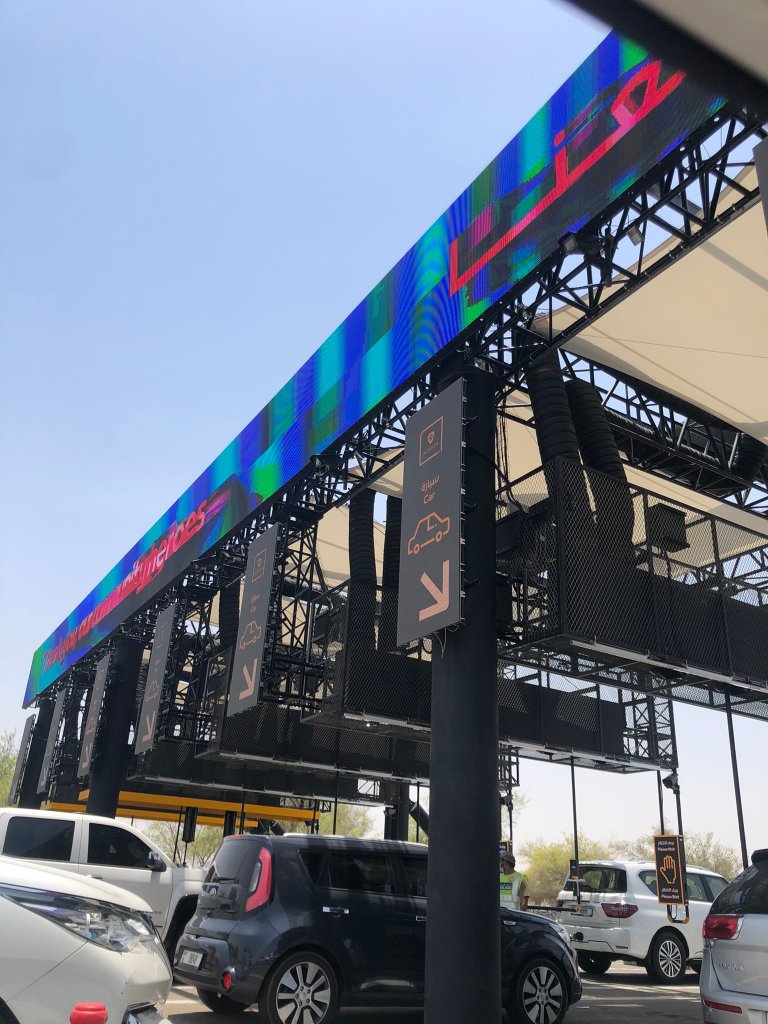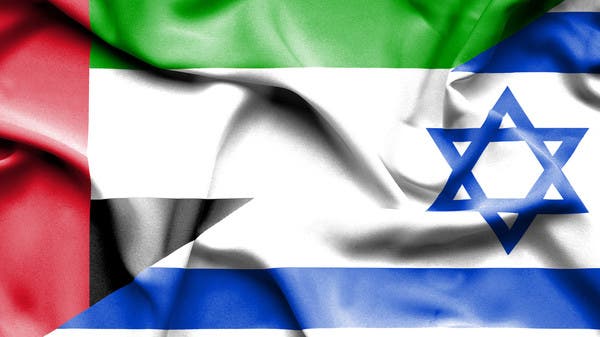
Updated as of the 21st August.
There have been physical checkpoints on the Abu Dhabi-Dubai for over a year, ostensibly to check for any Covid-19 infections from the Northern Emirates. The border may seem strange to those from outside of the country, but you have to remember that the UAE is made up of seven Emirates, each of which effectively controls its own borders. And so Abu Dhabi decided on these checkpoints and they’re still going strong in 2021. They were recently upgraded on the main entry point into the Emirate, on Sheikh Zayed Road. Entry doesn’t take too long, as long as you know what you’re doing.
And that’s the issue, as it’s very hard to find one place to find information on what to do. First of all, I want to say I cannot believe I’m writing this. There should be a simple website with all the details needed to know how to get into Abu Dhabi from the Northern Emirates (basically Dubai). But there isn’t, as no one has taken it upon themselves to do this (no government organization, medical facility or the like) rather than posting stuff on every single social media platform out there. The best options to look at for updated information are the airlines (either Emirates or Etihad).
Still, given the issues of getting in, especially for people who aren’t resident in the country, I thought I’d share some do’s and don’ts. At least until someone in government comes up with the idea of a website explaining what to do.
The First Step – the AlHosn App
Let’s start with the most basic step. You have to have the AlHosn app on your smart phone. You cannot enter Abu Dhabi without this. For anyone based in the UAE, it’s pretty easy to install. You can find the app on both Apple’s and Google’s app stores. Download it, and you’ll be asked to add your Emirates ID number as well as a phone number. The app will download all of your vaccination and testing information, which is why it’s essential for entering Abu Dhabi (the border doesn’t accept any other documentation).
Now, the app isn’t always easy to use. If you’re locally based and you have issues with the AlHosn app, it may be because your Emirates ID doesn’t have the right phone number linked to it. You will need to update your phone number on the Federal Authority for Identity’s website – you can do this here. You can also try calling the AlHosn team on 8004676, but they take an age to pick up (if they do at all), and they’re not that helpful.
Now, if you’re coming from abroad it’s more complex. You will need a UAE phone number, as well as your Emirate Unified Number. You can ask for this from passport control, or you can also try the same website. You’ll also need to put in your UAE phone number via this website. You will need to be patient as it’s not always easy to link the app to your Unified Number. When we had family over, it worked for some of them but not for others. And we had to keep trying over a number of days.
Testing to Enter
Ok, once you have AlHosn sorted, you will need to get a test to enter Abu Dhabi. You can do a PCR nose test and these are now valid for seven day entry for those who are vaccinated or 48 hours if you aren’t vaccinated (getting the results usually takes a day), or a DPI blood test at a site close to the border (you’ll need to take a left at Ghantoot before the border). The DPI test will be with you in a matter of minutes, but it’s only valid for 24 hours and you must do a PCR test the next time you try to enter Abu Dhabi. And once you’re in, if you are staying you need to take more PCR tests if you are not vaccinated. If you’ve entered with a negative PCR result and are not vaccinated you must take additional PCR tests on days four and eight after entry if you are still in Abu Dhabi. If you have entered on a DPI test and you aren’t vaccinated, you must take PCR tests on days three and seven. A DPI test cannot be used to enter Abu Dhabi consecutive times.
For Travelers
Now, this is where it gets fun. If you’re looking to come into Abu Dhabi from Dubai and you’ve just come into the UAE, you’re going to have a challenge. If you’ve entered the country and you’ve spent less than ten/twelve days in the country (I’ve been told both numbers), you will need to visit the International Travelers tent on the right, before the border crossing. They’ll ask for your passport and travelers ticket (even if you’re a resident). You will have to quarantine at a fixed address, and you’ll have to wear a watch that’ll give your location at all times. Given that AlHosn shows when you’ve entered the UAE, there’s no way around this. And you’ll also need to do a PCR as well before you try to enter (you will not be allowed to do a DPI blood test).
Your best bet is to wait out the first ten/twelve days of your trip in Dubai, then do a PCR test and enter Abu Dhabi. Or if you have to enter Abu Dhabi, fly into the airport. The last time I tried to come in with visitors from outside the country (ironically from Bahrain, which has a travel corridor and no quarantine for vaccinated Bahraini nationals and residents), I was told three different ways to enter by officers at the border. There’s clearly confusion even among staff who are posted on the checkpoints.
Update for Travel Corridor Countries
Here’s one useful input from Oisin. If you’re coming from a Travel Corridor country which has an agreement with Abu Dhabi (currently there are four – Bahrain, Greece, Serbia and the Seychelles) and you haven’t been in the UAE for more than six days, you can go to the International Travelers tent and get a one-day pass to enter Abu Dhabi. You must have done a PCR test beforehand (valid for 48 hours). Once you hit day six of your stay in the country, you can travel as per the above.
That’s it for now. Best of luck coming in, and if I’ve missed anything out do let me out.












